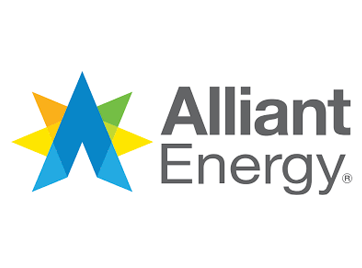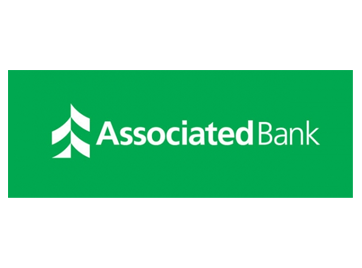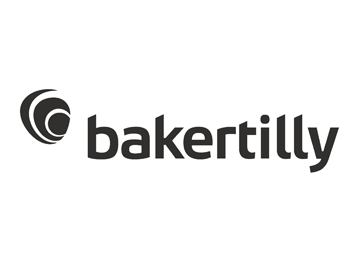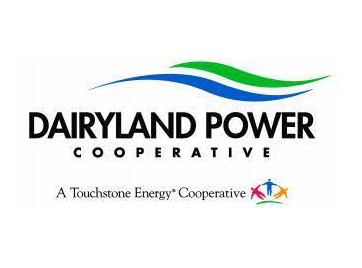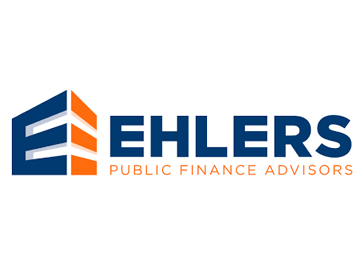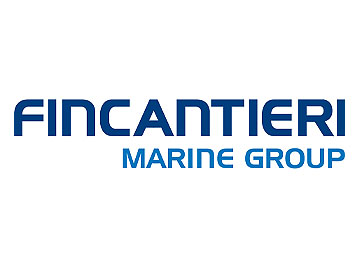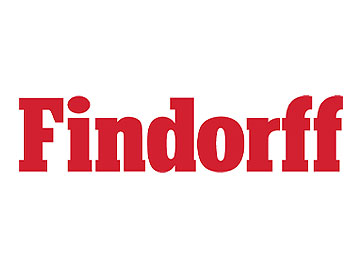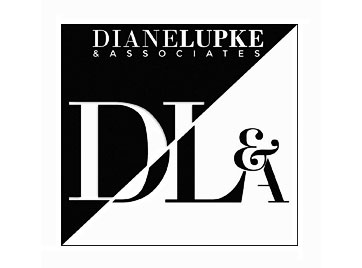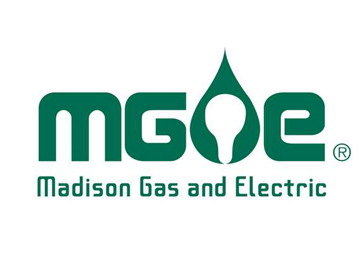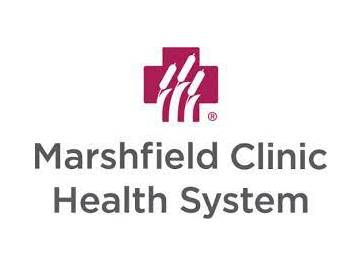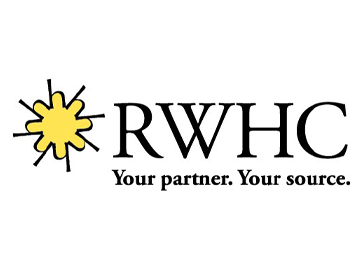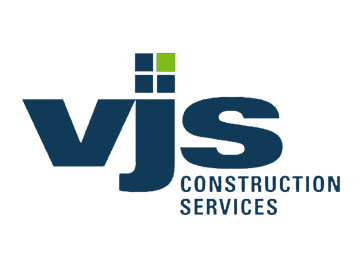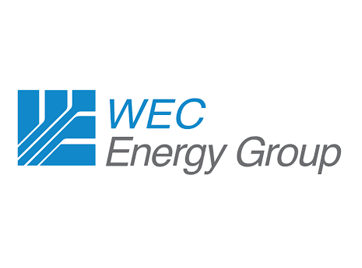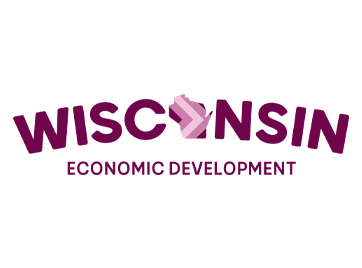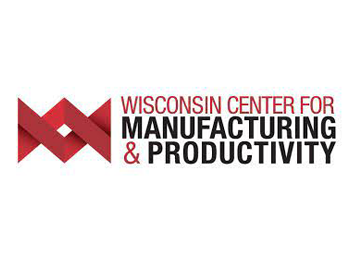WEDA Legislative Update
Despite the warmer weather, lawmakers are doing heavy lifting in the State Capitol, as they continue work to reshape Gov. Tony Evers’ 2023-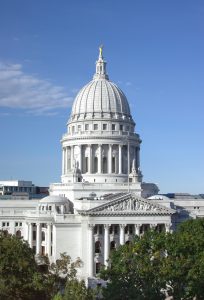 25 biennial state budget bill, the $104 billion two-year spending plan for the state Evers introduced in mid-February. They are also debating numerous stand-alone bills that could improve the economic development climate in Wisconsin.
25 biennial state budget bill, the $104 billion two-year spending plan for the state Evers introduced in mid-February. They are also debating numerous stand-alone bills that could improve the economic development climate in Wisconsin.
But most of the activity under the Capitol Dome is focused on passing the state budget bill by the end of the current fiscal year (June 30). Over the last several weeks, the legislature’s budget-writing committee has taken significant action to overhaul the governor’s initial budget proposal.
The first action the Joint Finance Committee (JFC) took on the budget bill was to remove over 500 items from the Evers budget. Among the items removed was a proposal to significantly reduce the state’s Manufacturing and Agriculture Tax Credit, which would have resulted in a $650 million tax increase on manufacturers. WEDA applauds the committee’s effort to preserve the credit, which allows manufacturers to remain competitive and reinvest in their communities.
Other economic development related items removed from the Evers budget by lawmakers include:
- $40 million GPR in one-time funding for WEDC to support continued economic recovery efforts throughout Wisconsin.
- $200 million GPR to continue the Workforce Innovation Grant Program.
- $25 million GPR annually to continue the Main Street Bounceback Grant program.
- Creation of a venture capital program with $75 million in one-time GPR funding.
Listed below is an overview of other action taken by the Joint Finance Committee, broken down by state agency, that may be of interest to WEDA members:
Department of Workforce Development
The Joint Finance Committee recently took up budget items related to the Wisconsin Department of Workforce Development and voted to approve the following provisions of interest to WEDA members:
- Local Youth Apprenticeship Grants– Provided $7,000,000 GPR over the biennium in additional funding to for grants for local youth apprenticeship. As a result, total funding for local youth apprenticeship grants would be $19,000,000 GPR over the two-year budget cycle.
- Career and Technical Education Incentive Grants– Provided $3,000,000 GPR over the biennium in additional funding for career and technical education (CTE) incentive grant payments to school districts. As a result, total funding for the CTE incentive grants program would be $16,000,000 GPR over the two-year budget cycle.
- Fast Forward– Decreases by $1,000,000 GPR annually funding for DWD’s Fast Forward program. As a result, total funding for Fast Forward would be $10,500,000 over the two-year budget cycle.
CLICK HERE to review the approved budget motion.
Wisconsin Economic Development Corporation (WEDC)
On May 25, the 16-member Joint Finance Committee took up budget issues related to the Wisconsin Economic Development Corporation (WEDC). Among several other actions, the Committee voted to require WEDC to dedicate funds and implement a statewide talent attraction program. One of WEDA’s top state budget/legislative priorities for the current session is to secure $5 million in funding for statewide talent action efforts focused on military veterans. While the motion approved by the Committee was a bit different than WEDA’s initial talent attraction proposal, we were pleased with the committee’s action to approve the following:
- Require WEDC to expend at least $4,000,000 from its existing state appropriations during the 2023-25 biennium for talent attraction and retention initiatives.
- Specify that WEDC, in consultation with the Department of Veterans Affairs, must expend at least $2,000,000 of this funding during the biennium on efforts to attract and retain veterans to Wisconsin’s workforce.
- Require WEDC to evaluate its talent attraction and retention initiatives, including program outcomes and the number of veterans discharged that choose Wisconsin for their first move, and report its findings to the Legislature.
The Committee also increased WEDC’s base budget over the biennium, providing additional funding that can be used to fund the talent attraction campaign.
CLICK HERE to review approved budget motion.
Department of Transportation
The Joint Finance Committee approved spending an additional $1.55 billion on transportation projects over the two-year budget cycle – compared to the $1.4 billion proposed by Gov Evers – bringing the total 2023-25 transportation budget to roughly $8 billion.
CLICK HERE to review approved budget motion.
Legislature Passes Workforce Housing Proposals Supported by WEDA
One of WEDA’s current legislative priorities is to help address Wisconsin’s housing shortage through policies that encourage the development of much-needed affordable housing for Wisconsin workers and families. Lawmakers understand the importance of this issue as well and recently passed a number of housing-related bills supported by WEDA.
The Assembly passed the following two housing bills that are still under consideration by the Senate
- AB 39 (RE: Low-Income Housing Tax Credit Program) – Under current law, WHEDA can allocate up to $42 million in annual tax credits to spur the development of low-to-moderate income housing. This legislation would Increase the allowable amount of annual tax credits allocated by WHEDA to $100 million. The bill also requires WHEDA, if possible, to allocate at least 35% of the tax credits for housing projects in rural areas. Read bill overview HERE.
- AB 96 (RE: PAYGO TIF Bill) – This legislation would authorize municipalities that have exceeded the state’s 12% TIF limit to create a new TIF district, as long as it is a developer-financed TIF district (or PAYGO TIF). The bill would also allow certain towns adjacent to a city to create a PAYGO TIF for the purpose of constructing housing-related infrastructure. In addition, an amendment was attached to the bill that would increase the amount of residential development permitted in a “mixed-use” TIF district from 35% to 100% of the district if the residential development that exceeds 35% is used for workforce housing. Read bill overview HERE.
In addition, both the Assembly and Senate passed the following three workforce housing revolving loan fund bills:
- AB 264 (RE: Housing infrastructure revolving loan fund) – Establishes a revolving loan fund under the jurisdiction of WHEDA to fund infrastructure for workforce housing and senior housing development. Read bill overview HERE.
- AB 265 (RE: Main Street housing rehabilitation revolving loan fund) – Establishes a Main Street housing rehabilitation revolving loan fund under the control of WHEDA to provide loans to property owners for the rehabilitation of second and third story apartments over main level businesses. Read bill overview HERE.
- AB 268 (RE: Commercial-to-housing conversion revolving loan fund) – Establishes a commercial-to-housing conversion revolving loan fund under the jurisdiction of WHEDA to award loans to developers for the conversion of vacant commercial buildings to new residential developments consisting of workforce or senior housing. Read bill overview HERE.
WEDA will continue to advocate for these important initiatives that expand or create tools to help encourage housing development in communities throughout the state.
Key Assembly Committee Considers Data Center Tax Incentive Bill

Jenny Kuderer Radcliffe testifies on AB 302 before the Assembly Ways and Means Committee
The Assembly Ways and Means Committee recently held a public hearing on Assembly Bill 302, legislation that would create a sales and use tax exemption for equipment or software used by eligible data centers for the processing, storage, retrieval, or communication of data. This important economic development legislation, which is supported by WEDA, would provide critical tax incentives to encourage hyperscale data center investment in Wisconsin.
In addition to the significant economic impact of data center development, a strong data center market can help attract a high-tech talent pool to the Badger State that could support numerous industries. Without tax incentives, the development of large-scale data centers is unlikely to occur in Wisconsin, especially in rural parts of the state. Fortunately, AB 302 will make Wisconsin a much more attractive location for large data center projects.
WEDA would like to thank WEDA Board Member Jenny Kuderer-Radcliffe (Dairyland Power Cooperative) for testifying in favor of the bill on behalf of WEDA (and Dairyland). Jenny did a tremendous job representing WEDA and educating lawmakers on the economic development benefits of the bill. You can read Jenny’s testimony HERE. Click HERE to review WEDA’s testimony.


